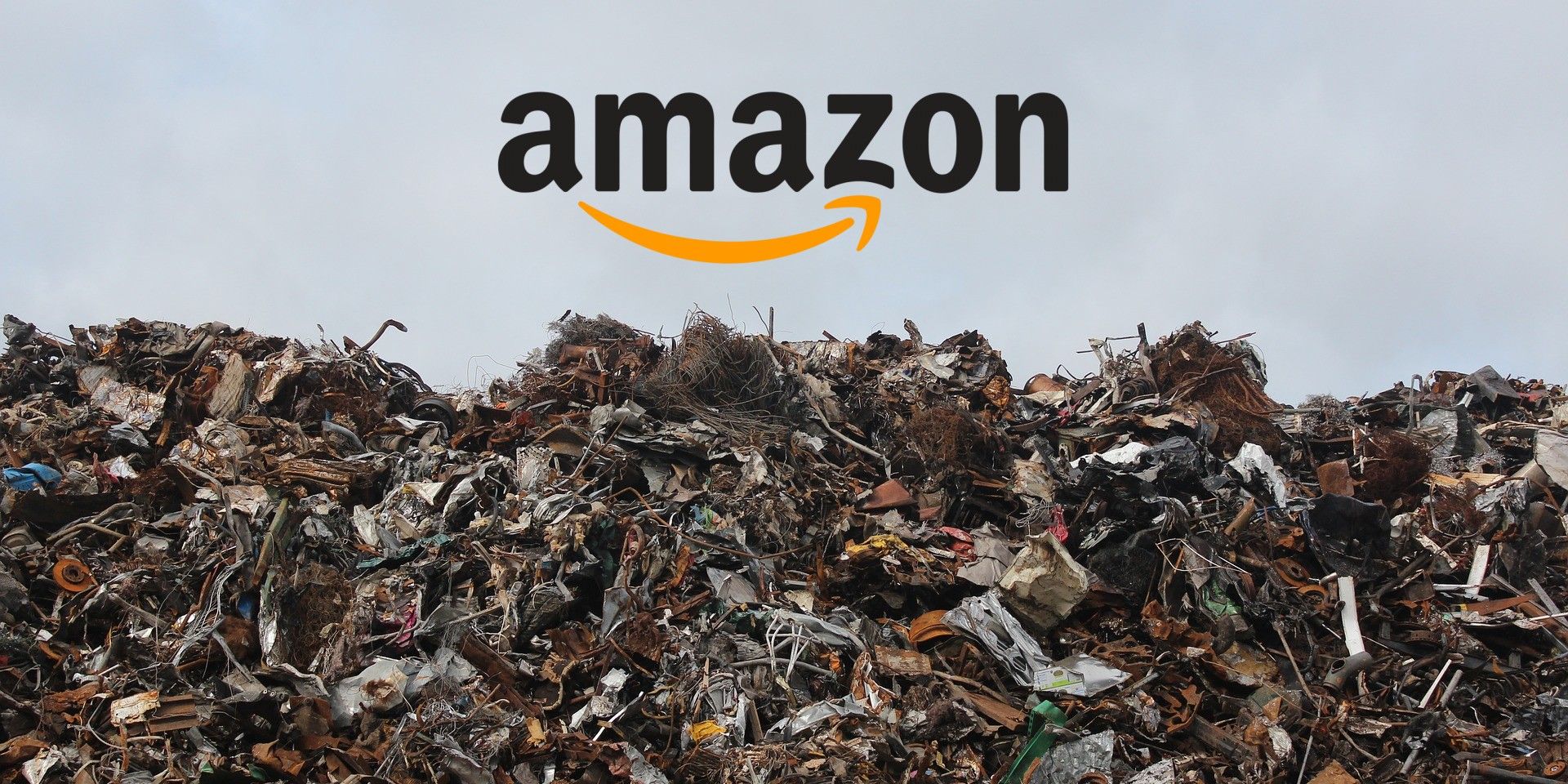
Remember that pair of jeans you bought on Amazon that didn't quite fit so you sent them back – odds are those jeans ended up in a landfill or incinerator. That is according to a report from CBC which claims that online retailers like Amazon often choose to dispose of returned goods instead of attempting to make them sellable again. The reason for this is because online retailers often find it more expensive to pay staff to inspect returned goods, repackage and clean them, or otherwise ensure that they are safe and free from contamination or other threats that could lead to a lawsuit.
Reports suggest that online returns are on the rise as many customers choose to take advantage of the often extremely generous and flexible return policies offered by online retailers. While this destruction of goods doesn't seem to be affecting the bottom line of titans like Amazon, the actions have drawn the ire of environmental protection groups that are asking retailers to donate returned goods that they are unable or unwilling to resell.
However, a number of products sold by Amazon are always destroyed on return such as underwear, personal care products, and other items that cannot be resold under any circumstance for fear of contamination. This brings up another conundrum because there is an environmental impact in returning items, but when a customer requests a return on a personal care item, simply allowing them to keep it would potentially leave the company open to abuse of the return policies.

The report also states that in many cases, online retailers have been caught destroying products simply because they remained unsold. But why not donate them? The answer, apparently, is that "it's an image thing. They're trying to maintain exclusivity." In other words, if a luxury brand name donated all of its clothes to charity, we would see them everywhere and they could lose their sense of rarity. By destroying unsold goods, consumers will only see those items that were paid for at or near full price. Just ask yourself this – would you pay $500 for a Burberry shirt if you knew you could buy that same shirt three months later at a secondhand store for just a few dollars?
The report ends with a little bit of good news. Specifically, France will be among the first countries to ban the destruction of undamaged returned goods. This will mean that companies will be forced to either take the time and effort to repackage and resell these items, sell them at a discount as secondhand, or donate them. Either way, it will be a lot less wasteful and will have less of a negative impact on the environment.
Source: CBC
from ScreenRant - Feed https://ift.tt/34wLdSL

0 comments:
Post a Comment